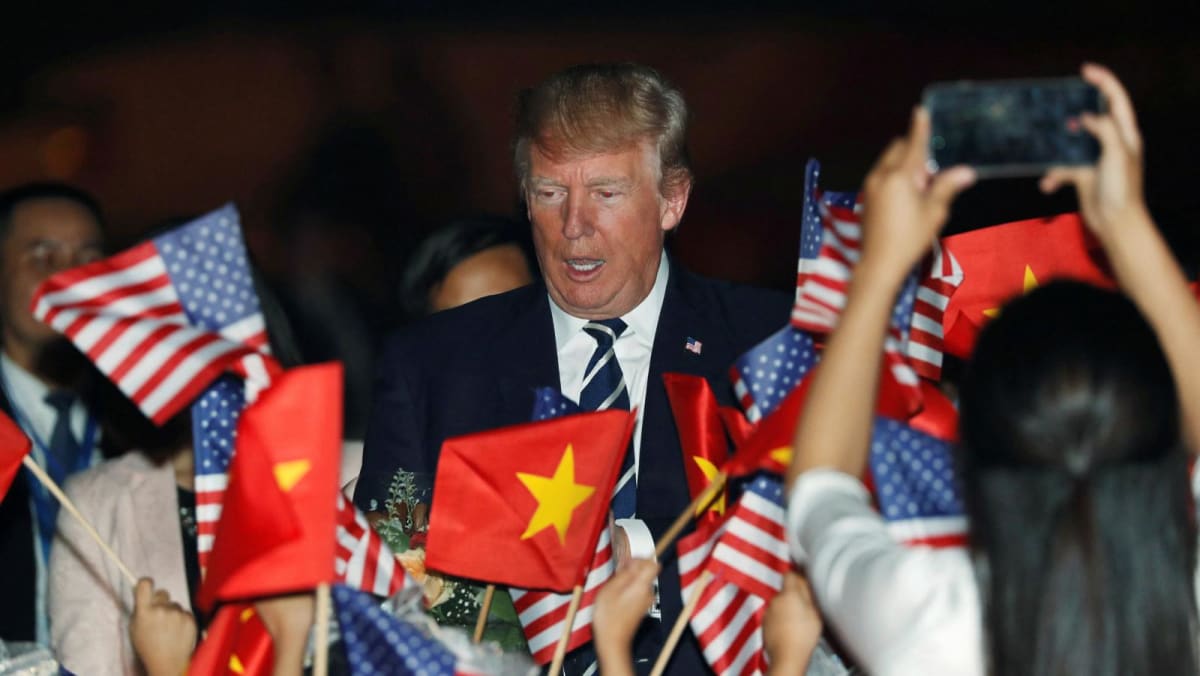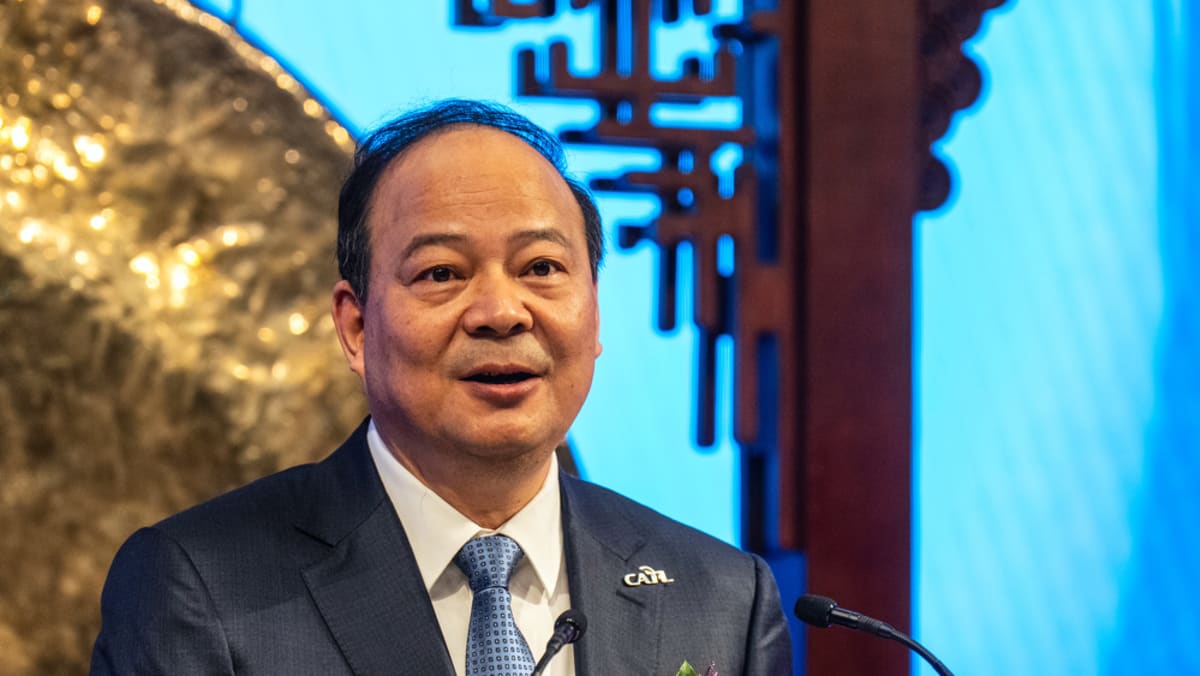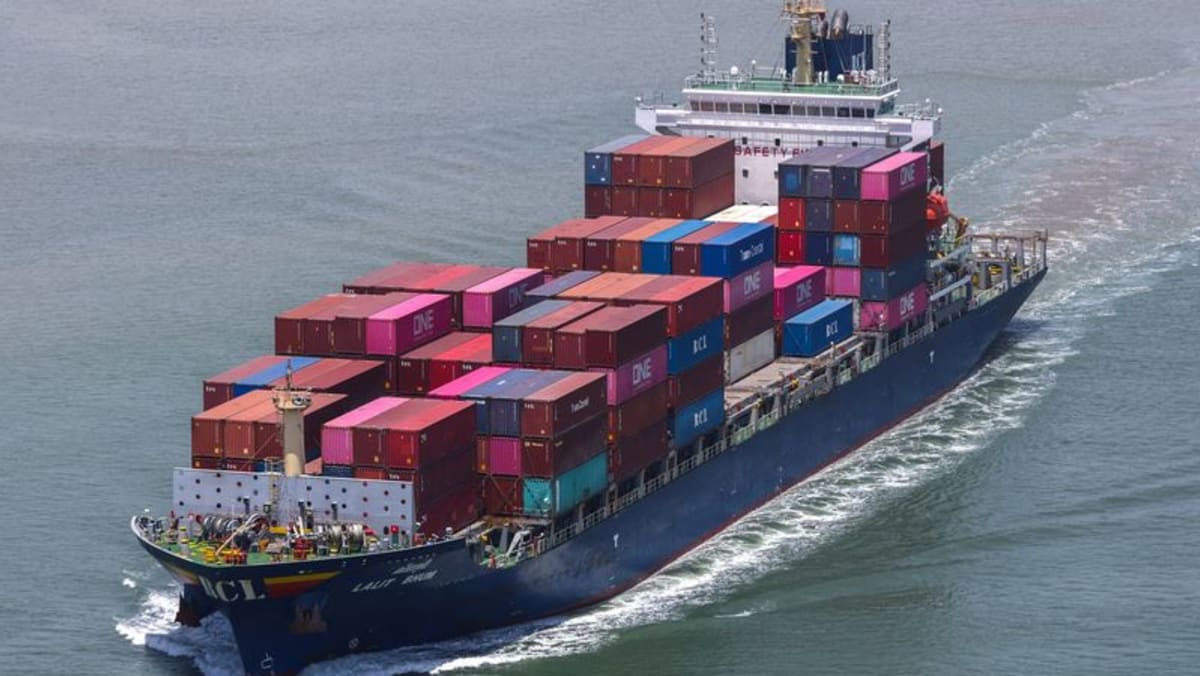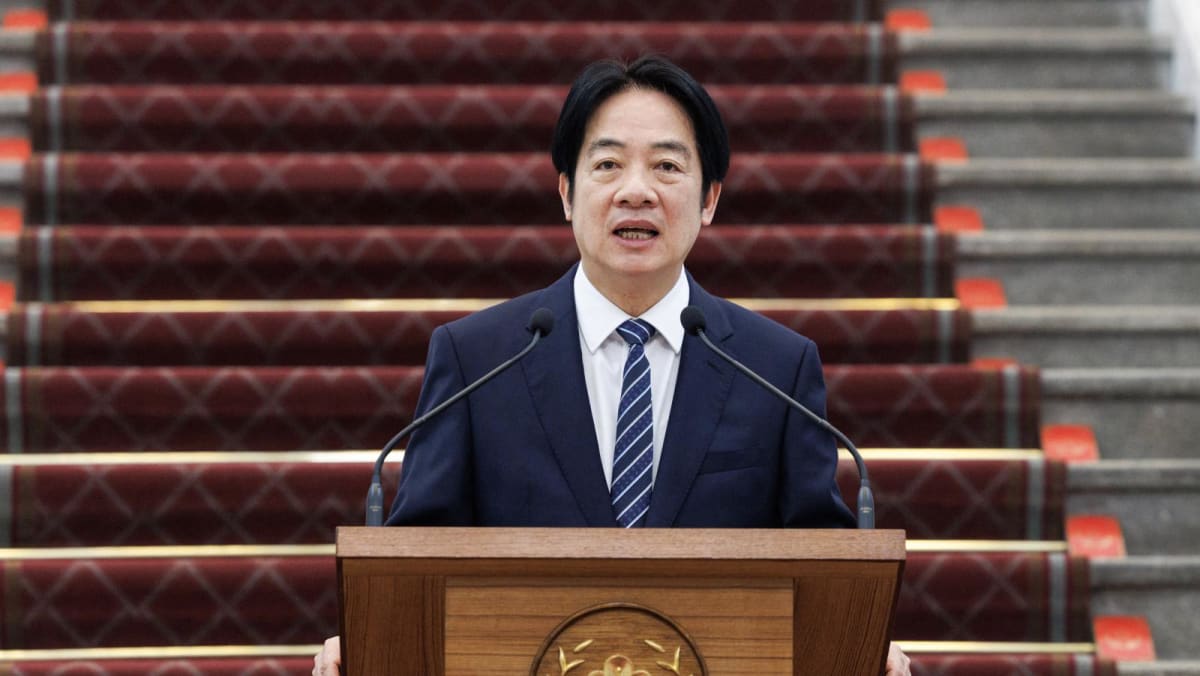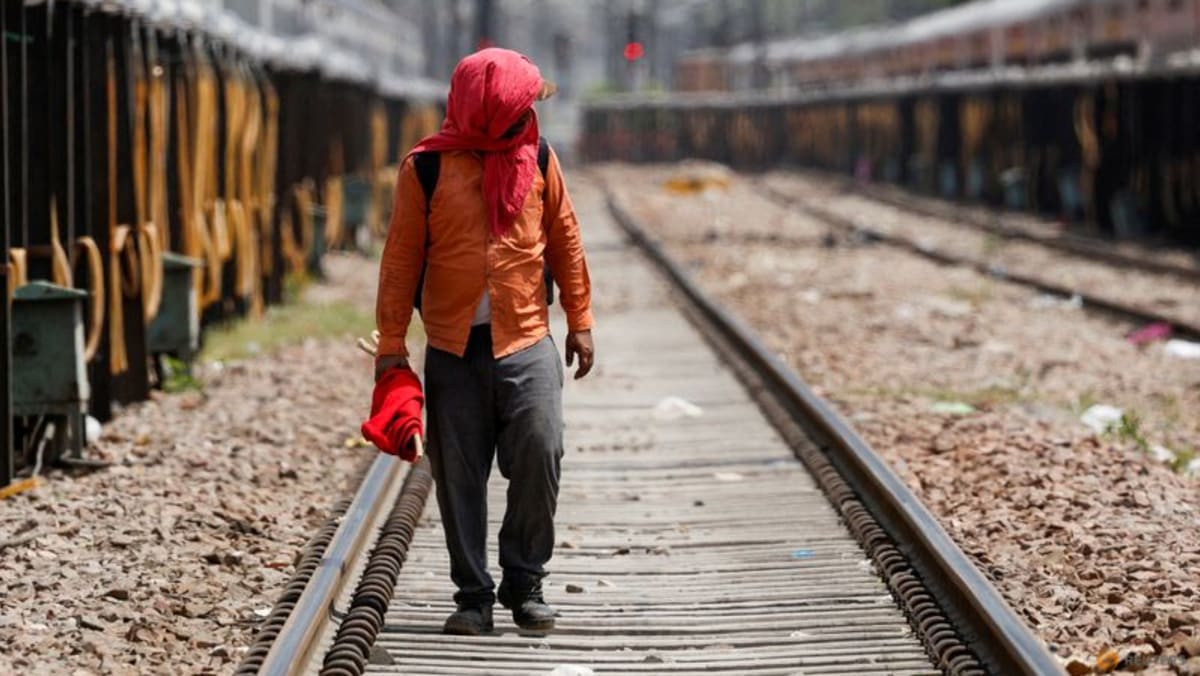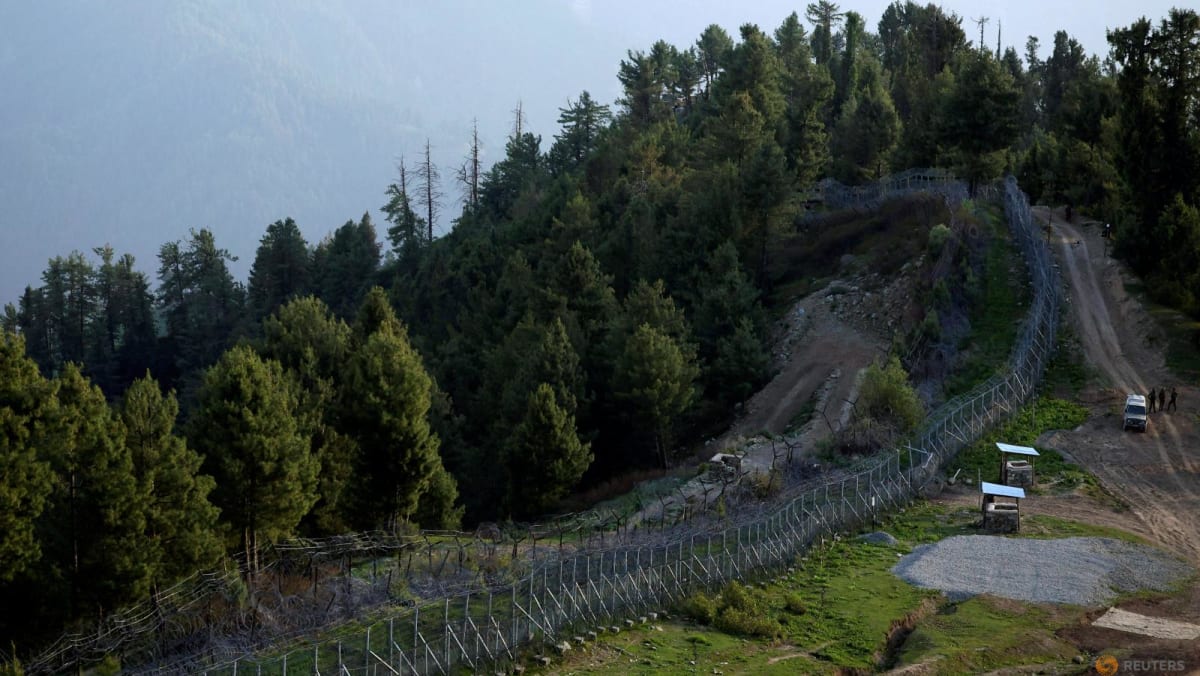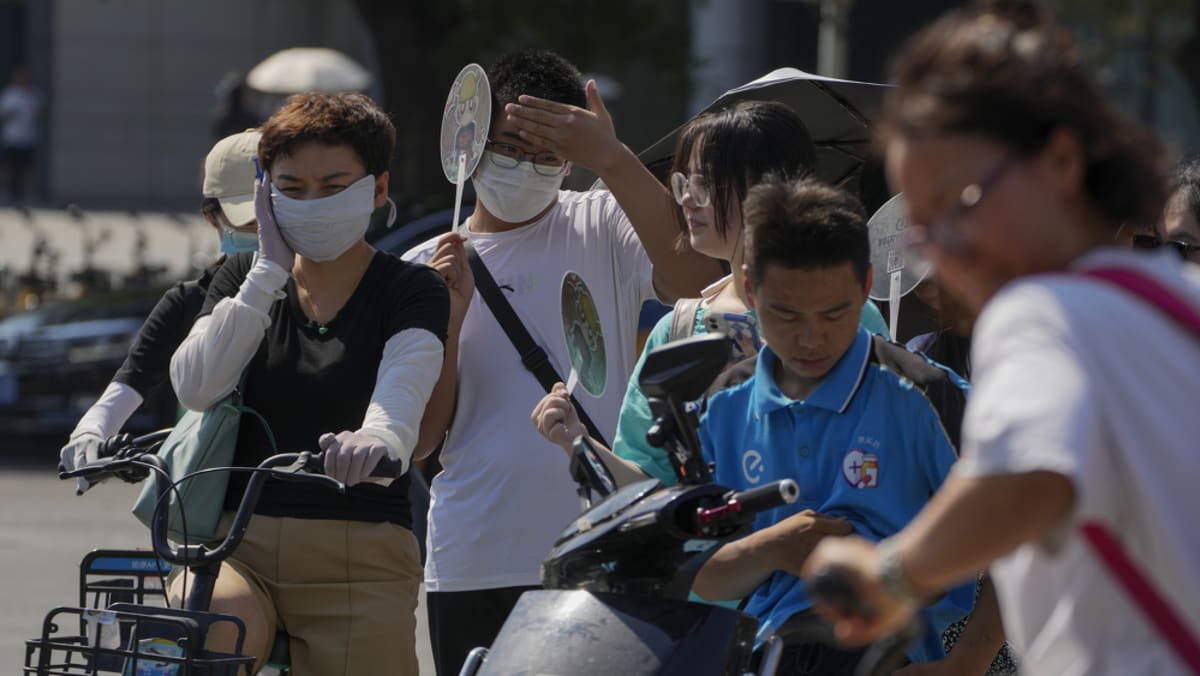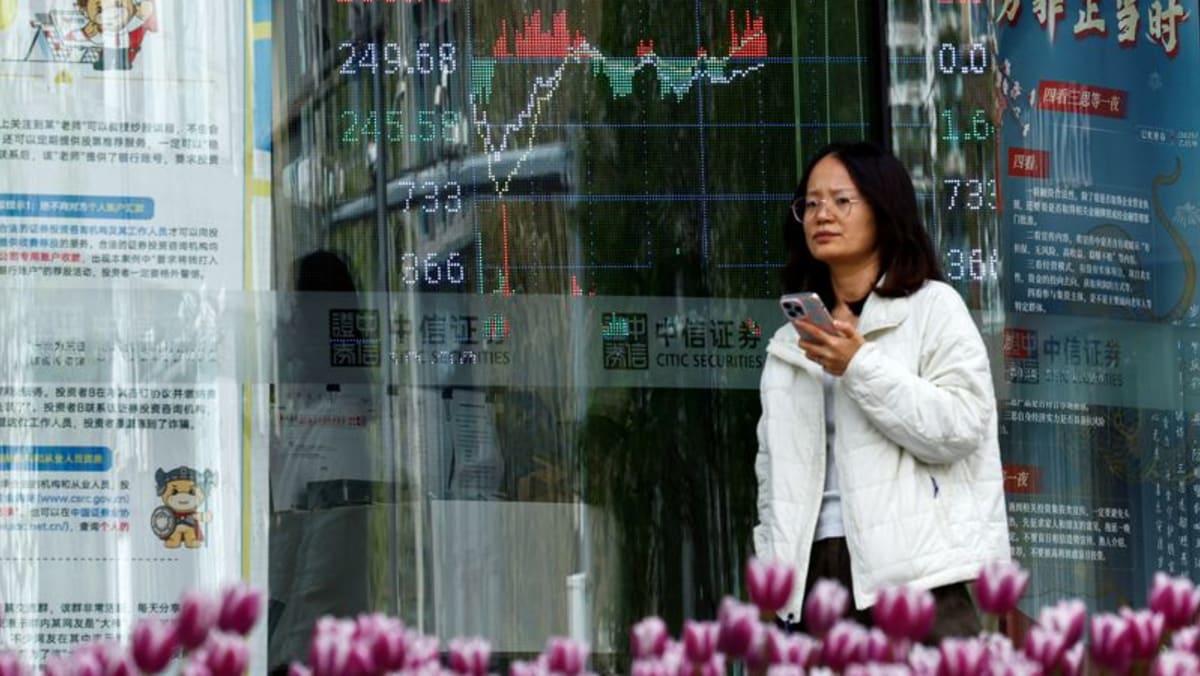The superpowers are fighting for the upper hand in developing advanced technologies critical to the functioning of the modern economy, including batteries, computer chips and artificial intelligence.
CATL’s plans for a collaboration with car giant Ford on a US$3.5 billion plant in Marshall, Michigan, drew national security concerns last year.
And in January, the United States defence department released a list that designated CATL as a “Chinese military company”.
The firm has denied engaging in military activities, and Beijing has denounced the move as “suppression”.
Proceeds from the firm’s IPO could be used to ramp up its plans for overseas expansion – particularly in Europe.
It is currently constructing its second factory on the continent in Hungary after opening its first in Germany in January 2023.
“THRIVE UNDER PRESSURE”
And the firm said in December that it would work with Stellantis – which also owns the Chrysler, Jeep, Dodge and RAM truck brands – to make EV batteries in Spain, with production slated to begin by the end of 2026.
It has even signed deals as far afield as the Democratic Republic of Congo, where it signed an agreement in 2021 with one of the world’s largest cobalt producers to develop a mine.
And in Bolivia, its subsidiary CBC signed a US$1 billion deal last year to build two lithium carbonate production plants in the country’s southwest.
CATL is aiming to pre-empt shifting trends in the EV sector, launching last month a sodium-ion battery, viewed as a cheaper and safer alternative to the lithium-ion batteries that are widely used in both electronics and EVs but pose a fire risk if damaged.
“CATL became CATL because the government helped, but not so much that it became lazy,” investor Xu wrote.
“Competition … also helped, battle-testing its technology and supply chain, but not before it got a leg up from the protectionist subsidies first,” Xu said.
“Most intriguingly, it got an innate but prodigious gambler at the helm, who was born too poor to ever feel loss aversion … astute enough to read government policy tea leaves and paranoid enough to always thrive, not die, under pressure.”


